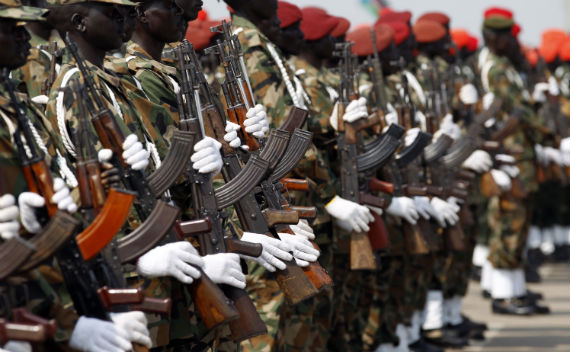Sudan: UN Peacekeeping and Independence
More on:

The United Nations’ report last Friday of deaths and displaced persons reveals the extent of the violence in south Sudan since the referendum in January. Over one thousand eight hundred people have been killed and around two hundred and sixty thousand displaced, with hostilities ongoing. Notably, these numbers include conflict not just in the flashpoints of Abyei and South Kordofan, but incidents in nine of south’s ten states where international press coverage is rare.
On Saturday, southern Sudan will celebrate its newly won independence from the north. However, in the midst of ongoing hostilities, lingering questions remain unanswered, such as the region’s new ill defined border and any oil revenue sharing plan. This tense environment will make reaching any agreement extremely difficult.
While the United Nations Security Council has agreed to deploy over four thousand new Ethiopian peacekeepers to Abyei, this mandate is presently limited to six months. It will be called the United Nations Interim Security Force for Abyei (UNISFA). In the meantime, the current UN Mission to Sudan’s (UNMIS) mandate expires Saturday with the independence of south Sudan. The north has expressed its desire for those roughly ten thousand UN peacekeepers to leave on July 9. Hence, while Khartoum has agreed to continued negotiations, its stance on UNMIS is yet another example of its obstructionist tactics, which have been characteristic of its response to the Comprehensive Peace Agreement (CPA) since 2005.
More on:
 Online Store
Online Store